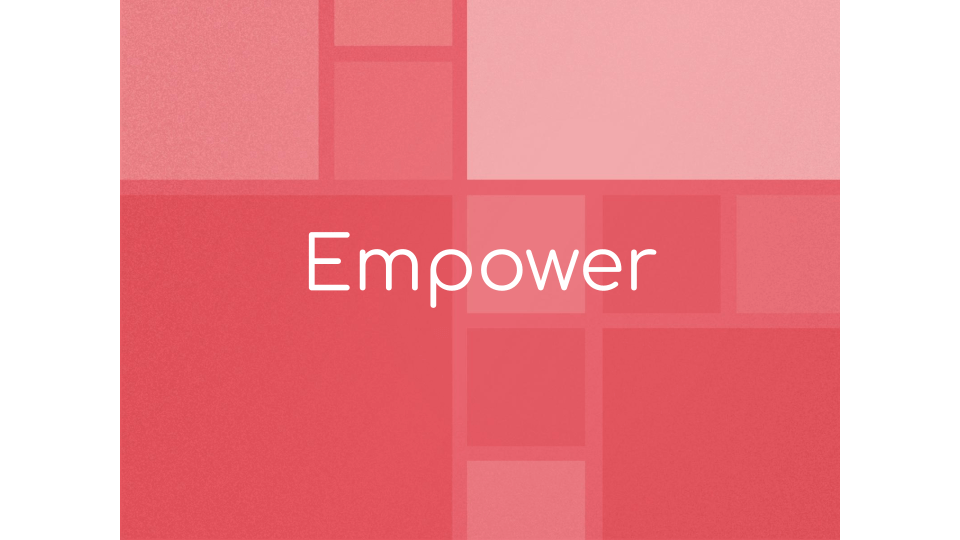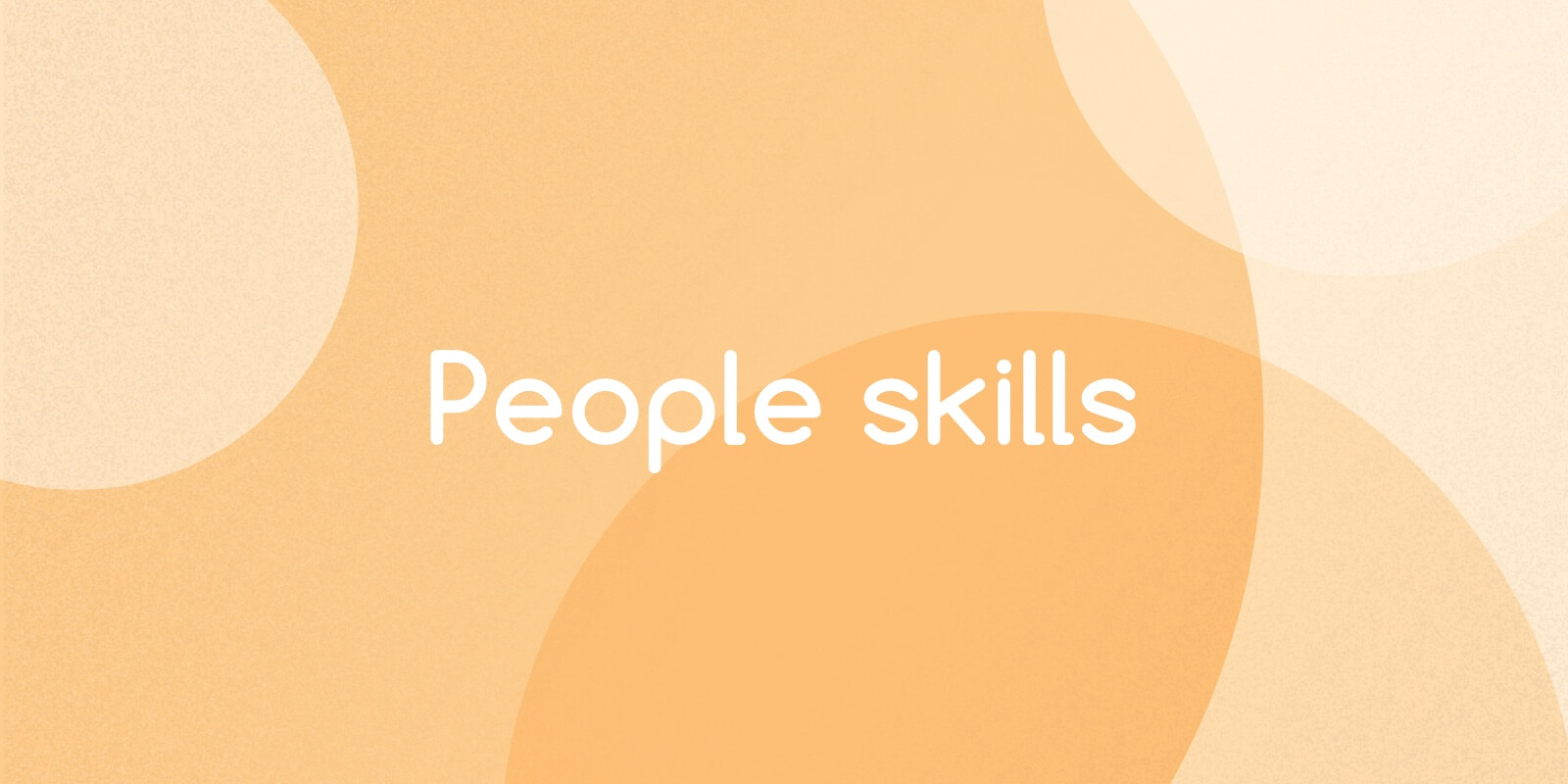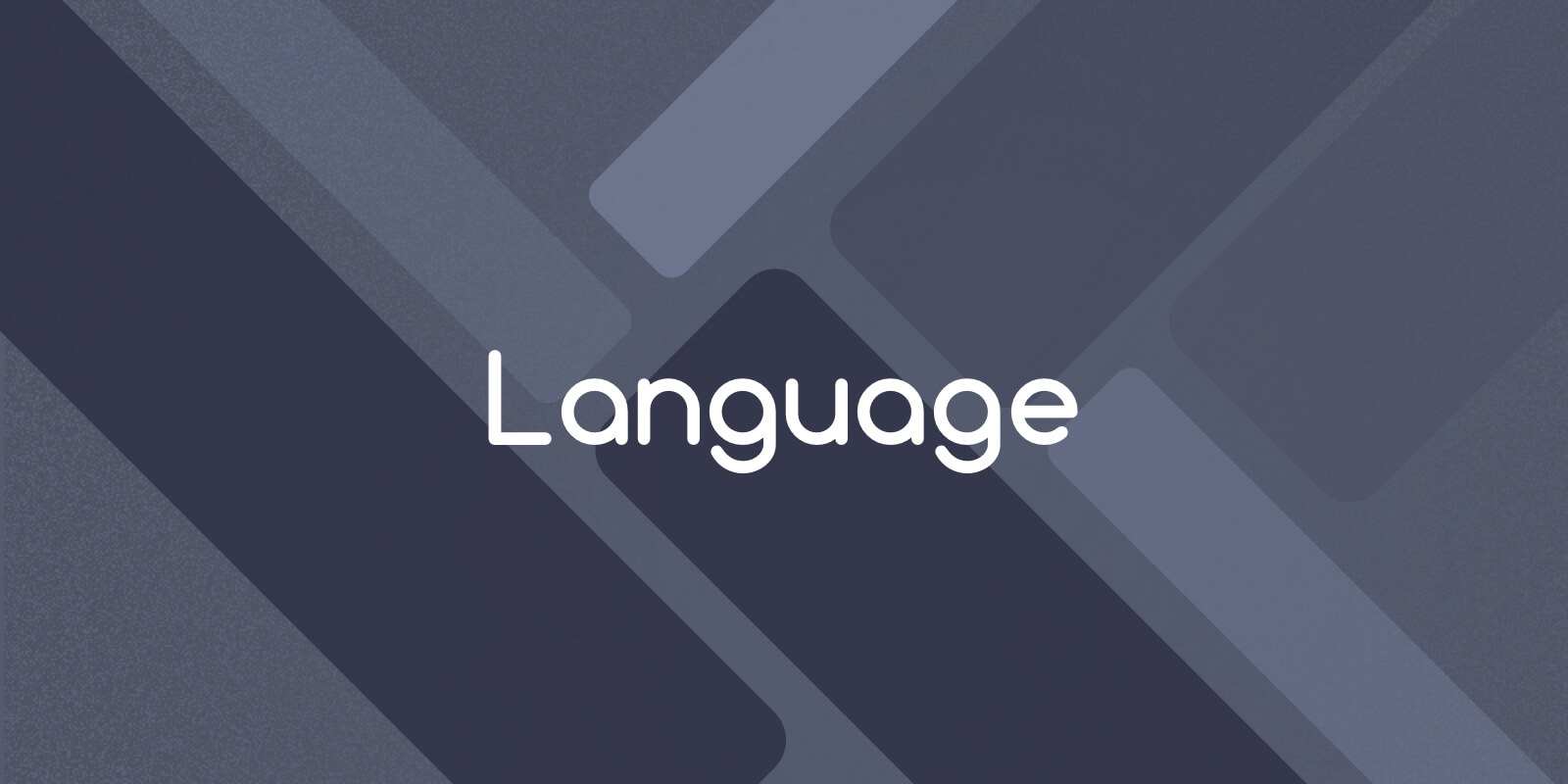#goals
Writing goals with the 3Es
The intent of 3Es model is to help clinicians and their clients identify values and outcome-based aspects of the communication experience, the IRL stuff. We want to bridge the gap between a teenager who says “I want to be able to talk with my friends” and the SLP who writes “Student will produce 10-12 word sentences in structured conversation with 80% accuracy,” to use a real-life example.
Writing non-behavioral goals can be challenging, especially in data-driven work settings. Below are some templates and tools to help clinicians develop evidence-based SMART goals for stuttering therapy.
Informed client collaboration is a cornerstone value of the 3Es (and evidence-based practice as a whole!). Our goal-setting lesson plan includes a step-by-step outline that guides SLPs and clients through a collaborative, experience-based goal-setting exercise.
Resources
Empowerment Goal Templates (free blog post)
Educate Goal Templates (free blog post)
Ease Goal Templates (free blog post)
Lesson Plan: Create SMART Goals Together (Teachers Pay Teachers)
You may also be interested in:

Chicago, IL
312.870.0352

Chicago, IL
312.870.0352

8 S Michigan Ave Suite 812
Chicago, IL 60603
312.870.0352

8 S Michigan Ave, Suite 812
Chicago, IL 60603
312.870.0352

8 S Michigan Ave, Suite 812
Chicago, IL 60603
312.870.0352



